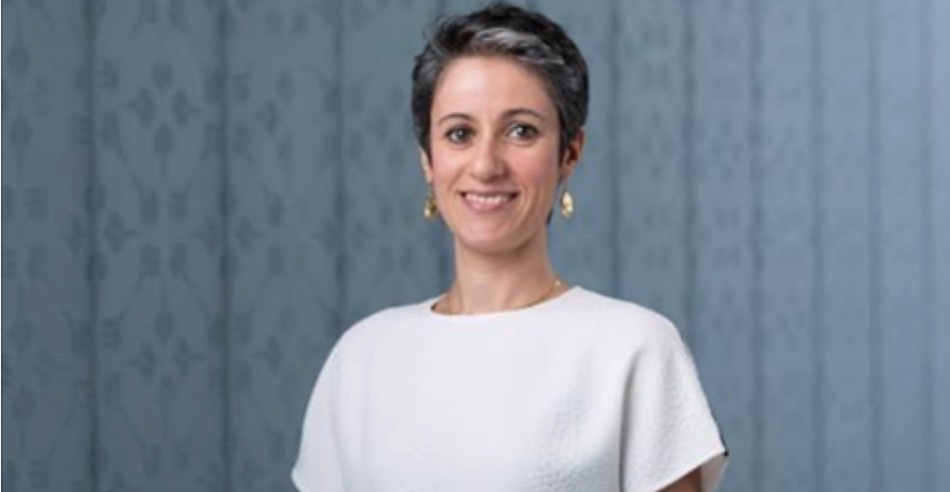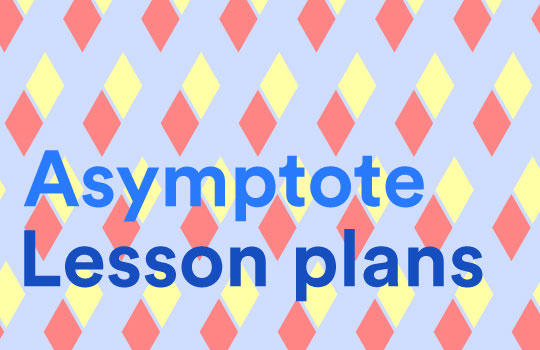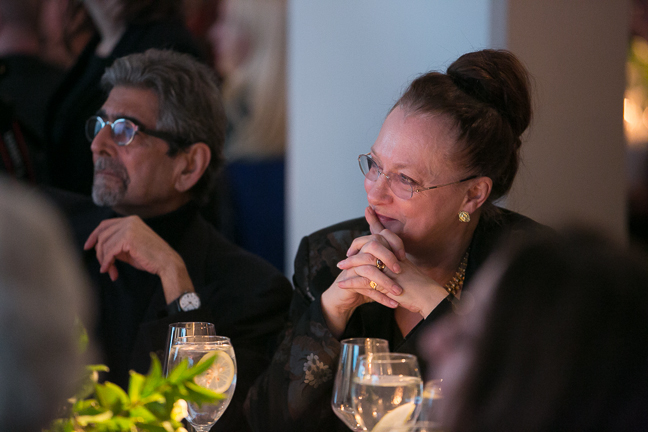This interview marks the beginning of an ongoing conversation led by Asymptote’s new educational branch about the role of translation in the classroom. In addition to its Educator’s Guide released every quarter, Asymptote for Educators will soon host its own blog where readers and educators can find more classroom resources, lesson plans, contextualizing materials, and articles discussing the benefits and challenges of integrating global literature in diverse classrooms. Stay tuned! And if you’d like to participate in this new project, or tell us about your experience teaching literature in translation, do get in touch!
Claire Pershan (Asymptote for Educators) met Laila Familiar at NYU Abu Dhabi, where Laila was Claire’s Arabic language instructor. Among her many projects and accomplishments, this interview focuses on Laila’s innovative work as editor of abridged contemporary Arabic novels for Arabic language learners: Hoda Barakat’s Sayyidi wa Habibi: The Authorized Abridged Edition for Students of Arabic (Georgetown University Press – 2013). Sayyidi wa Habibi [My Master and My Love], by celebrated Lebanese novelist Hoda Barakat takes place during the Lebanese Civil War, tells the story of Wadie and his wife Samia and their flight to Cyprus. Laila’s adaptation provides introductory materials and exercises that develop linguistic and cultural competencies. (Free audio files of the author reading from her work as well as a recorded interview are available on the press website.) Additionally, she is project manager of Khallina, an open source website dedicated to the teaching and learning of Arab cultures through audiovisuals. The topics of Khallina’s cultural modules range from calligraphy to the Lebanese rock band Mashrou’ Leila. Check it out!
The interview below is from their email correspondence.
Claire Pershan (CP): What do you call this practice of adapting novels into language learning resources? Do you consider it a form of translation or editing?
Laila Familiar (LF): The practice of adapting novels into language learning resources dates back to the 1930s. There is evidence in the scientific literature that this was done to help learners of French advance their language skills. Some call these works “adapted” texts, but they are also named “abridged” or “simplified” versions. There are differences in the meaning and connotations of each term, but I would not call it “translation” because the new version is in the same language as the original and the plot is usually the same. When a series of texts is adapted within the various proficiency levels of language learners, we call these Graded Readers. It is definitely a kind of editing.



